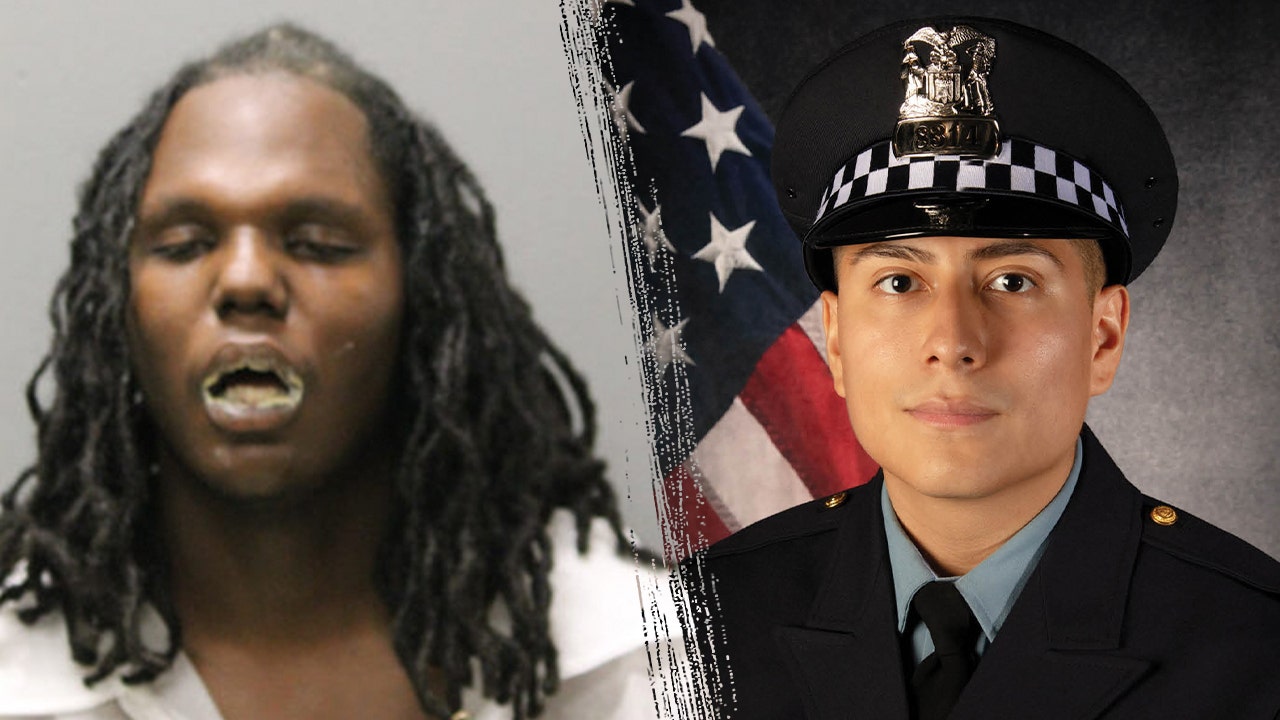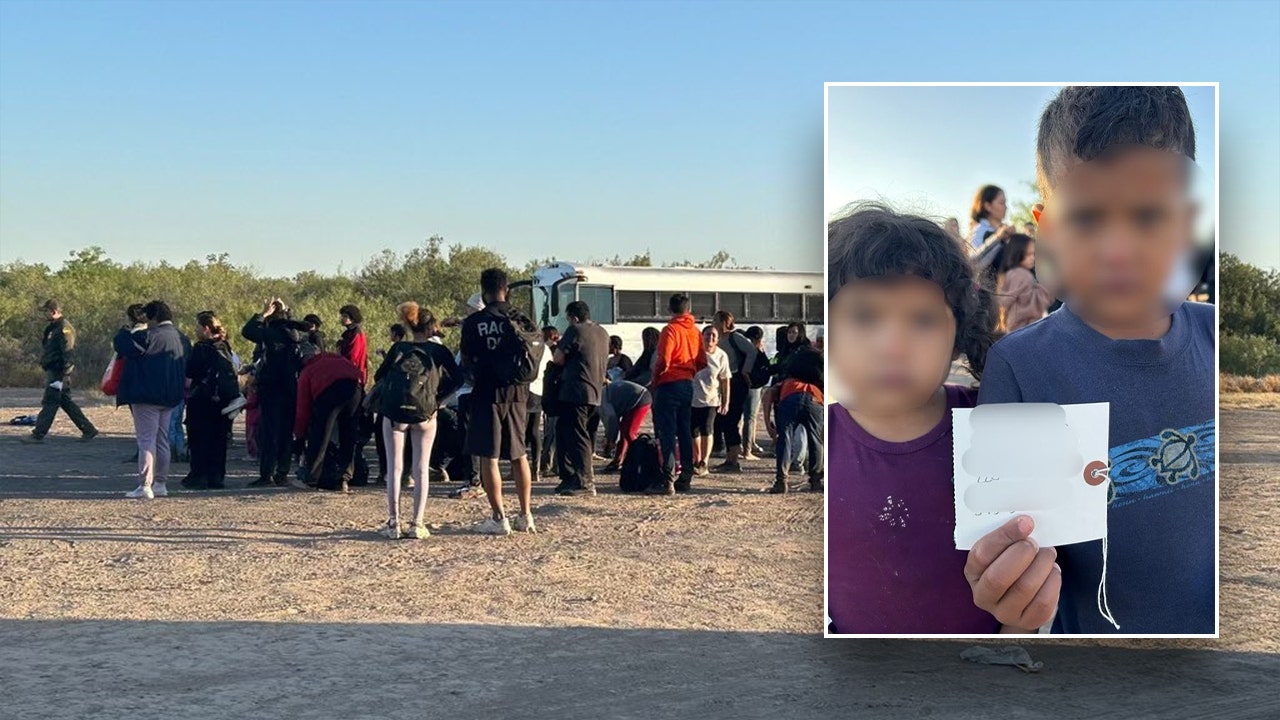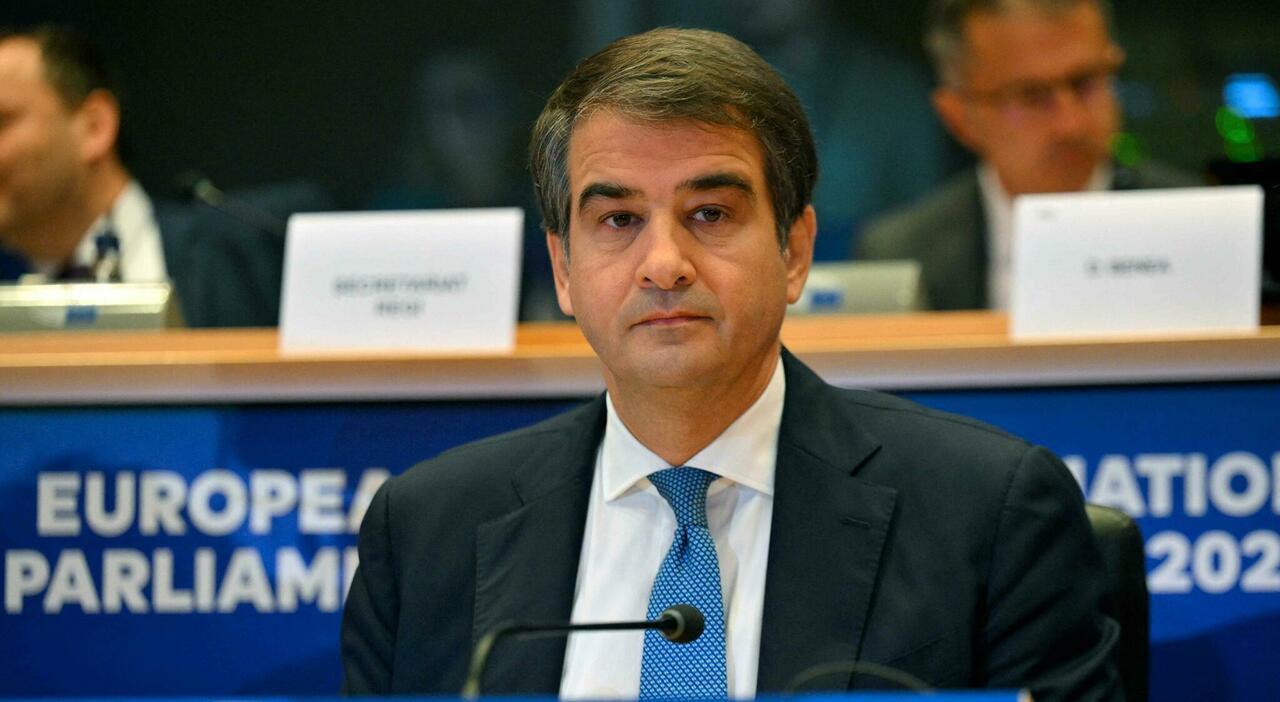A highly anticipated legislative hearing began Monday but without its key witness: a Texas inmate whose execution for his daughter's "shaken baby" death was narrowly averted last week.
Robert Roberson was expected to appear before the Texas House Committee on Criminal Jurisprudence in Austin after members issued a subpoena on Wednesday for him to testify about his case, which set off a flurry of litigation that ultimately halted his execution late Thursday with only hours to spare.
But Committee Chairman Rep. Joe Moody said that he was not comfortable with the state's offer of having Roberson appear via a video link instead of in person, given the inmate's autism and unfamiliarity with the technology.
"When I thought about the accommodations to be made, I considered his needs as a person with a disability above all other things," Moody said.
The circumstance of his planned testimony remains under negotiations amid the legal wrangling, and Moody added that he wants all of the stakeholders "to come together in our purpose here, which is making sure Robert is heard."
The unprecedented attempt by Roberson's defense team to have him transported from his prison near Houston to the capital was caught up in a legal battle after the state Office of the Attorney General challenged the move in an emergency filing over the weekend with the Texas Supreme Court. The high court, however, said Sunday it would not rule on the manner in which Roberson must testify.
The attorney general's office said it would not produce him in person for Monday's hearing, citing safety concerns and the lack of a state facility near Austin that could temporarily house him. It said he could appear virtually.
Meanwhile, the state Supreme Court set filing deadlines for the coming days to resolve a separation-of-powers issue after the Texas Department of Criminal Justice, which oversees executions, opposed the high court's decision late Thursday that prevented Roberson's execution.
Roberson, 57, has maintained his innocence in the 2002 death of his 2-year-old daughter, Nikki, based on "shaken baby syndrome." He would be the first person in the United States to be executed in such a case, which his defense team argues hinged on a now-broadly discredited medical diagnosis, one that has been successfully challenged in other convictions across the country.
A spokesperson for the state Department of Criminal Justice had said Friday that the agency would comply with the subpoena, without commenting on the logistics of Roberson's potential in-person appearance before the House committee.
Committee members want him to testify as it relates to a 2013 "junk science" law that allows Texas inmates to potentially challenge convictions based on advances in forensic science. The subpoena was issued to help buy more time for Roberson, who still faces execution if the attorney general's office seeks another death warrant.
Texas Gov. Greg Abbott can also grant a one-time 30-day reprieve, but in a letter filed Monday with the Texas Supreme Court, his counsel voiced support for the state's efforts in challenging how House committee members were able to stop the execution and argued that the courts overstepped their authority.
"Unless the Court rejects that tactic, it can be repeated in every capital case, effectively rewriting the Constitution to reassign a power given only to the Governor," Abbott's counsel wrote.
Roberson's case has won support from a bipartisan coalition of state lawmakers who believe he was unfairly convicted without a jury hearing the full evidence of Nikki's chronic illness beyond what happened to her right before she died.
In an interview from prison with NBC News anchor Lester Holt this month, Roberson was adamant that "I would like the public to know that I'm innocent."
Roberson said that early Jan. 31, 2002, he awoke to a "strange cry" in his east Texas home and found Nikki had fallen out of bed. He comforted her and the family went back to sleep, according to court documents.
But hours later, Roberson said, he woke up and realized Nikki was not breathing and her lips looked blue. He took her to an emergency room, where doctors concluded she was exhibiting signs of brain death. The next day, she was pronounced dead.
Roberson showed little emotion at the hospital, which furthered law enforcement's suspicions. Within a day, the lead police detective, Brian Wharton, arrested him on a capital murder charge.
Prosecutors argued that Nikki must have been shaken to death because she had been diagnosed with "the triad" — a swollen and bleeding brain and retinal hemorrhaging — symptoms once believed to be indisputable evidence of shaken baby syndrome.
Wharton testified against Roberson at his trial. Prosecutors highlighted that they believe Roberson intentionally shook Nikki, causing bruising and blunt force trauma, and that he appeared almost emotionless when he took her to the hospital.
Roberson has attributed his "flat affect" to autism spectrum disorder, which he was diagnosed with in 2018.
The jury also never heard the extent of how sick Nikki was from the day she was born, nor that she had been taken to the hospital more than 40 times in her short life.
Two days before she died, she registered a 104.5-degree fever at the doctor's office. She was sent home with a medication that has since been deemed too dangerous for children — a drug that now carries a "black box warning" from the Food and Drug Administration.
Since Roberson's conviction in 2003, the science behind the triad being the sole diagnosis of abuse has come under intense scrutiny, and it is now medical consensus that other medical conditions, including infections, accidental trauma and pre-existing illnesses, can also cause the symptoms associated with shaken baby syndrome.
Wharton, the lead detective in the case, has also voiced his support for Roberson, telling House committee members at a hearing last week: "This is an innocent man, beyond question."
Anderson County prosecutors, however, continue to insist in court filings that Nikki was murdered and Roberson is to blame, noting how he has continually lost his appeals and that his defense "has raised the same tired issues that this court and others have already litigated in the last habeas proceedings including junk science, disease process and actual innocence."
Erik Ortiz is a senior reporter for NBC News Digital focusing on racial injustice and social inequality.

 1 mese fa
30
1 mese fa
30















 English (US) ·
English (US) ·